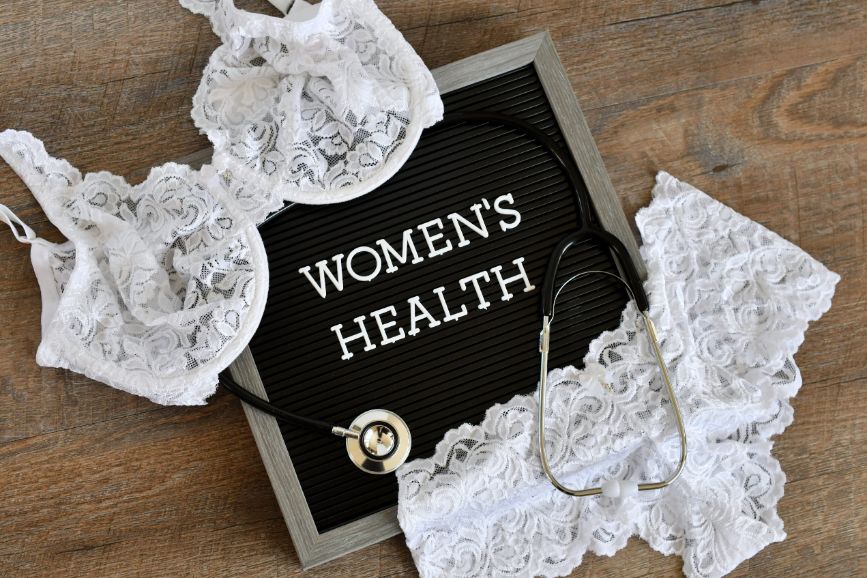Everyone knows someone who has had breast cancer. That’s because the average woman has a 1 in 8 risk of developing breast cancer over the course of a lifetime. The same can’t be said, however, of other cancers, including cancers of the female reproductive system. These cancers are significantly less common, but that doesn’t make them less deserving of or in less need of attention. That’s why it’s time to turn the spotlight on uterine cancer.
Uterine cancer is the fourth most common cancer in women and the most common cancer impacting the reproductive system, and in the last two decades, rates have been on the rise. Faced with this increase, it’s important to spread awareness about the different types of uterine cancer, as well as how women can reduce their risk of the condition.
A Weighty Matter

In a CDC report regarding the increasing number of uterine cancer cases, researchers offered a number of theories about what is causing these new cases, and one of the leading theories is that being overweight or obese increases the likelihood a woman will develop uterine cancer. This is also true of a number of other types of cancer, which is why it’s so important for women to prioritize eating a healthy diet, exercising, and maintaining appropriate body weight.
Period Problems
Women don’t have much control over their menstrual cycles, beyond intervention via birth control, but every woman should keep a close eye on her period if only to identify potential problems. This is particularly true for women who started menstruating early or went through menopause late, as both are linked to an increased risk of endometrial cancer, the most common form of uterine cancer. Additionally, women with a history of irregular periods are also at a higher risk.
Another reason that it’s worth it for women to track their menstrual periods is because it makes it easier to identify abnormal bleeding. Spotting between menstrual cycles, bleeding after menopause, or any other abnormal bleeding patterns are common symptoms of uterine cancer, and women who spot these signs quickly are more likely to receive an early diagnosis and undergo successful treatment.
Estrogen Issues

Some women choose to use hormone replacement therapy (HRT) upon beginning menopause, but this treatment often only includes estrogen, which can increase the risk of uterine cancer. Instead of choosing an all-estrogen form of HRT, then, many experts recommend taking progesterone and estrogen together, as this can mitigate the risks associated with estrogen alone. Most doctors also suggest reevaluating HRT use every six months and only using it in cases when menopause is causing significant quality of life issues, given the associated risks.
Highlight Healthy Habits
There are many factors that contribute to the development of uterine cancer, and while some of these, including age, genetics, and infertility, are beyond any individual’s control, in general, maintaining healthy habits is a good way to protect your health. Exercise and eat well, drink plenty of water, and manage your stress. This is the only body you’ve got, so take care of it.

